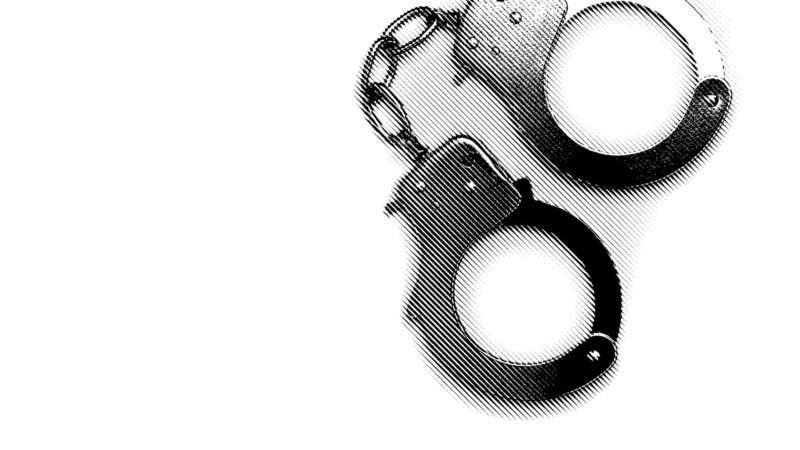
In May, former President Donald Trump traveled to Wisconsin, a battleground state crucial to his 2016 win and 2020 loss. The stakes are high. He made a few big promises to match.
"We're going to give our police their power back," he told rallygoers in Waukesha, "and we are going to give them immunity from prosecution."
There are a few problems. As president, Trump would be constrained in immunizing anyone, including police, from prosecution, as most proceedings are in state court where his power wouldn't apply. And while it's true that some officers are charged federally—where he could lobby the Department of Justice to refuse to charge any cop—those prosecutions are often in addition to state charges.
Take Derek Chauvin, who was convicted in a Minnesota court of murdering George Floyd. After that trial, he pleaded guilty to federal charges. A President Trump could certainly pardon him for that, but it would make no material difference in the time Chauvin spends in prison, as his state sentence (22.5 years) and his federal sentence (21 years) are running concurrently.
But despite the legal illiteracy of Trump's promise, it's worth considering the implication that those with the most power should be held to the lowest standard.
Trump made clear in office that he'd fight legislation hamstringing qualified immunity, the legal doctrine that bars victims from suing state and local government employees if the way in which those employees allegedly violated the law has not been clearly established as unconstitutional in prior case law. It is why, for example, two California men could not sue officers who allegedly stole more than $225,000 from them during the execution of a search warrant, as there was no previous court ruling that said stealing under such circumstances is illegal. (Federal police, on the other hand, are essentially protected by absolute immunity.)
A common objection to qualified immunity reform is that cops will be bankrupted by lawsuits without it. But a study conducted by UCLA law professor Joanna Schwartz found that governments or their insurance companies, not the cops themselves, paid 99.98 percent of the damages awarded to plaintiffs. It's hard to know if Trump realizes this is the case, as he promised in December to "indemnify [police] against any and all liability." Whether that was a knowingly false promise or whether he is unfamiliar with the law remains unclear.
But one thing is clear: Trump would like to see law enforcement held to a lesser standard than the public they serve. The former president has arguably never been a tried-and-true conservative, but he does need to court them. It is difficult to make a conservative case for ensuring that those who enforce the law are also above it.
The post Trump Wants Police To Be Above the Law appeared first on Reason.com.







